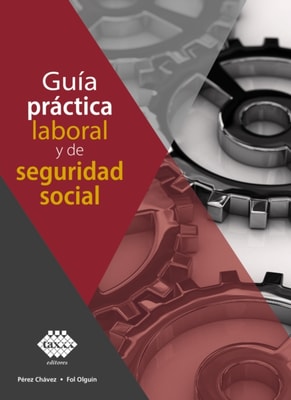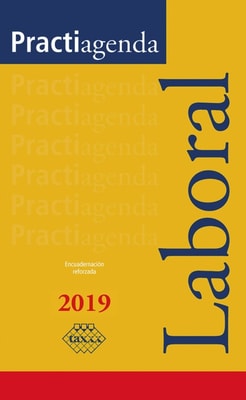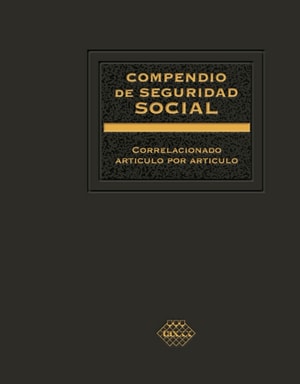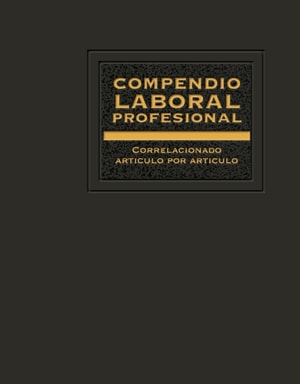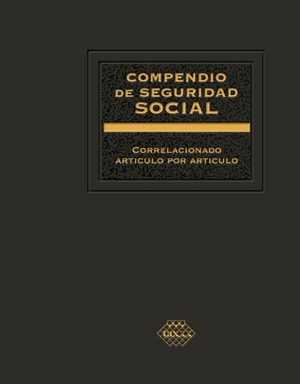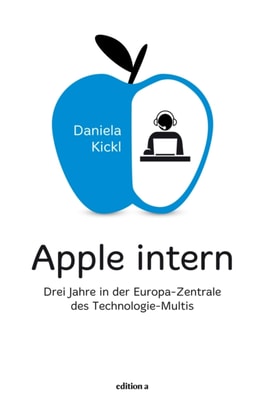Employment and labour law: general
Sorting
Bestseller Sorting collapsed
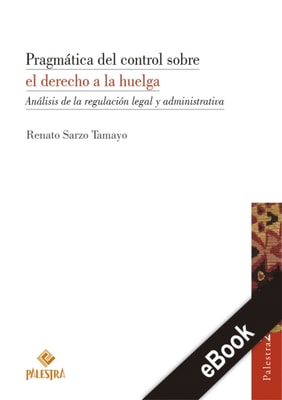
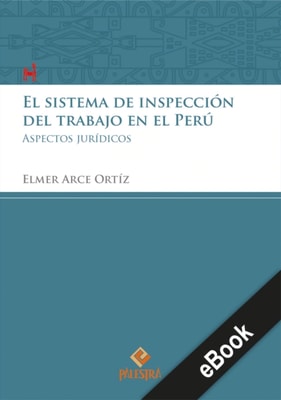




E-book
Price
30.82 £ * Old Price 36.99 £

E-book
Price
4.99 £ * Old Price 5.99 £

E-book
Price
6.66 £ * Old Price 7.99 £

E-book
Price
70.82 £ * Old Price 84.99 £



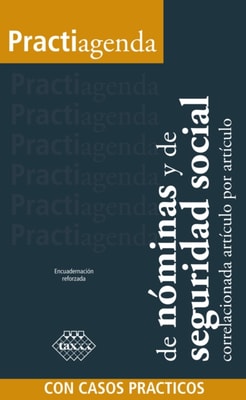

E-book
Price
10.82 £ * Old Price 12.99 £
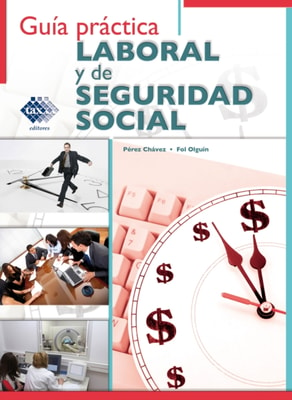
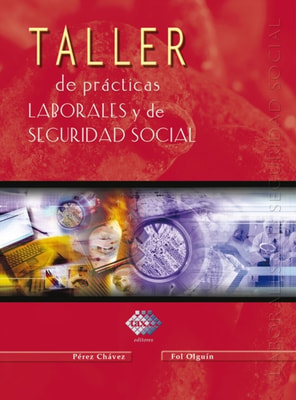





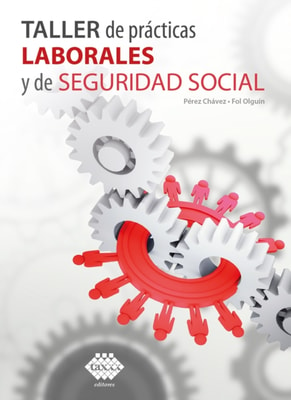

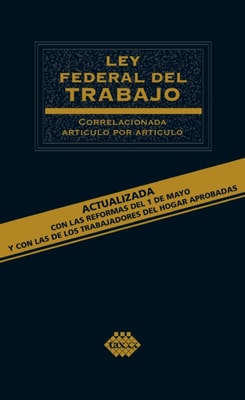
E-book
Price
3.74 £ * Old Price 4.49 £

E-book
Price
7.08 £ * Old Price 8.49 £

E-book
Price
5.41 £ * Old Price 6.49 £

E-book
Price
81.66 £ * Old Price 97.99 £
